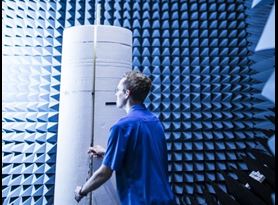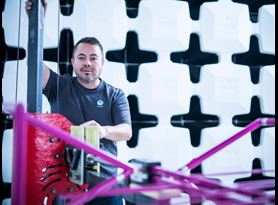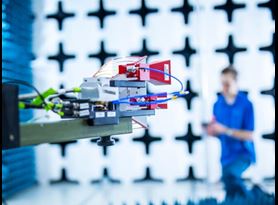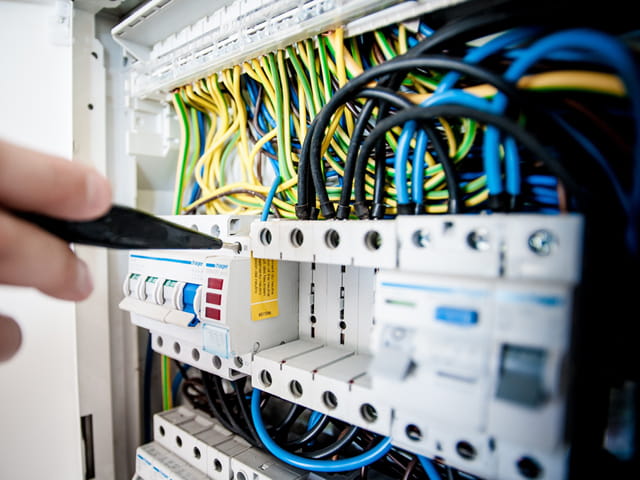Five Ways to Improve Your Radio Test Program
As one of the last steps before hitting the market, radio test programs are critical – and often complicated. This final phase is often characterized by last-minute changes, delays, and expensive re-testing – but it doesn’t have to be.
By considering your product configuration, testing needs, and compliance requirements ahead of time, there are steps you can take to mitigate risk, improve your radio test program, and move to market faster.
Do you have special hardware or software requirements?
Often when designing the product and writing the software, consideration is not given to the test mode needed to satisfy the technical requirements of the test standard; sometimes, a product will need special test software in order for it to be placed in the correct mode of operation.
In addition, sometimes two samples of the product will be required - a radiated sample, and a conducted sample. Engaging with the laboratory early on in the process can help ensure that you meet the technical and hardware requirements of your program before testing starts.
Will you use a pre-approved radio module or your own design?
When designing a radio product, one of the most important decisions is whether to use a pre-approved module or to design one yourself. While each has its advantages, it’s important to know how your choice affects the testing process.
The approach taken will have a significant impact on the amount of testing required - how the approved module is integrated into the product could invalidate the existing approvals if not carried out correctly. By reviewing your product design and module integration with an expert, you can choose a test program that ensures product compliance and reliability with minimal time and cost.
Does the test laboratory have all the product information?
One of the biggest causes for delays during radio testing is relaying additional information about operating modes, test set-ups, or additional product requirements. The more details you can provide to the laboratory before your project starts, the quicker and easier the process will be.
An accredited laboratory will have a team of technical experts and sales engineers to provide clear instructions on what information is needed before testing starts, helping to cut down on the time required and avoid re-testing. By working closely with their team, you can choose the most effective option for your test program.
Do you have all the technical documentation you need?
Whether you are looking for CE marking, FCC certification, or wider Global Market Access, you will need to have all the technical documentation that proves your product’s compliance to appropriate standards and requirements. Missing parts of the required documentation or having the wrong test reports can delay the approval of your product.
In advance of the test and approval program, speak to Element’s experts, who will be able to advise on what documentation will be required.
Can the test program be consolidated?
When products need to be tested to multiple sets of requirements (such as meeting market regulations for multiple countries), it’s important to know ahead of time if you can consolidate into a single radio test program. The technical team at your laboratory can look over your requirements and help you choose options that save you time and money.
Although radio test programs can be complicated, having the right information and planning ahead of time can make the process much easier. For more information about how radio testing is performed and how we can help, speak to an expert today.
Find related Resources
Related Resources
Related Services

Global Market Access (GMA)
Element works as your Global Market Access service partner to help you navigate complex regulations and get your products to market quickly and efficiently.

Radio Certifications
Element offers wireless and radio certification services for FCC for USA, ISED for Canada, CE marking for Europe and MIC for Japan.

RF Regulatory Compliance Testing
Element offers ISO 17025 testing services to European ETSI standards, FCC rules, ISED RSS standards and Japanese Radio Law.

Radio Testing
Element provides a wide range of wireless and radio testing services including RF testing for regulatory compliance, RF exposure and SAR assessments and OTA and Wireless Coexistence testing.





